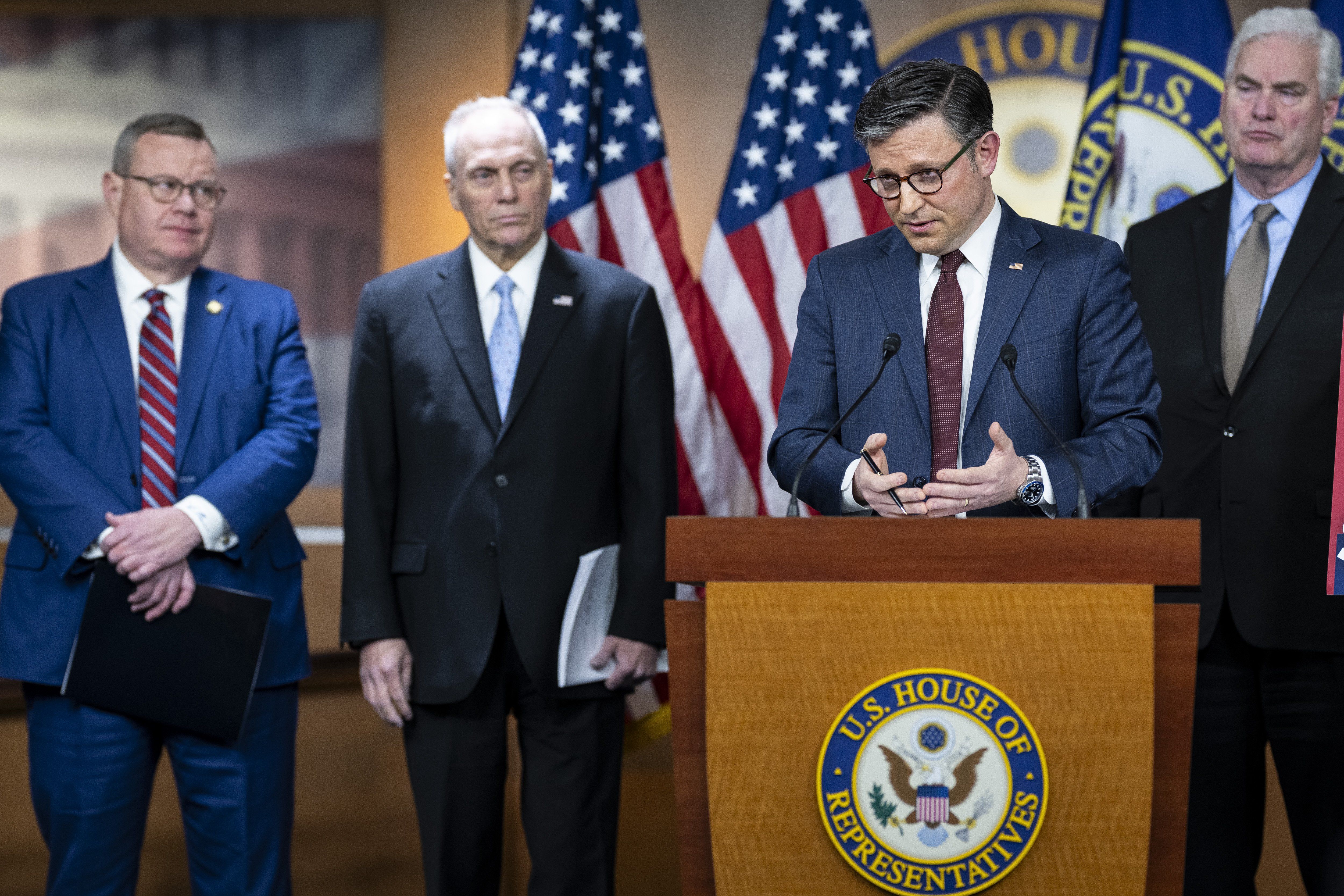US House of Representatives Speaker Mike Johnson pushed ahead witha budget vote Tuesday evening that extends US President Donald Trump’s 2017 $4.5 trillion tax cut, while trimming $2 trillion in mandatory spending. The House of Representatives narrowly approved a Republican-led budget resolution on Tuesday with a 217-215 vote, mostly along party lines.
The vote followed a chaotic hour during which Republican leadership initially canceled the budget vote after failing to quell a rebellion among conservatives demanding deeper spending cuts, only to reverse course minutes later and proceed with the roll call.
This close vote signals the beginning of a contentious debate within the GOP regarding which federal programs to shrink or shirk in order to fund a substantial tax cut package. The tumultuous proceedings highlight the challenging path House Republicans face as they attempt to advance President Trump's domestic policy priorities through Congress despite Democratic opposition.
What’s in the budget? The resolution calls for $4.5 trillion in tax cuts and $2 trillion in spending reductions over a decade, potentially targeting Medicaid and food aid programs while increasing border and defense funding by $300 billion and raising the debt limit by $4 trillion.
Extending the 2017 tax law will cost about $4 trillion over ten years, with additional business tax breaks requiring hundreds of billions more, leaving minimal budget room for Republicans' other desired tax cuts, including tip exemptions and removing the $10,000 state and local tax deduction cap. Critically, the plan ties tax cuts directly to spending reductions, meaning Republicans must achieve their targeted spending cuts or the allowable tax cut package will shrink accordingly.
